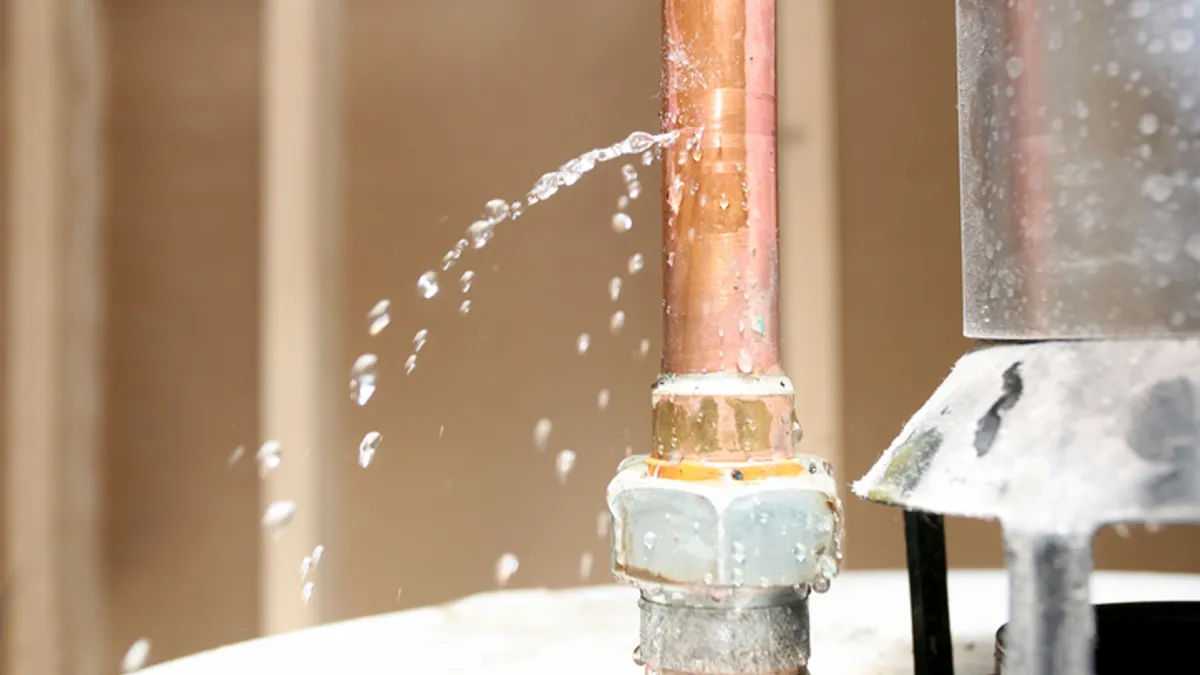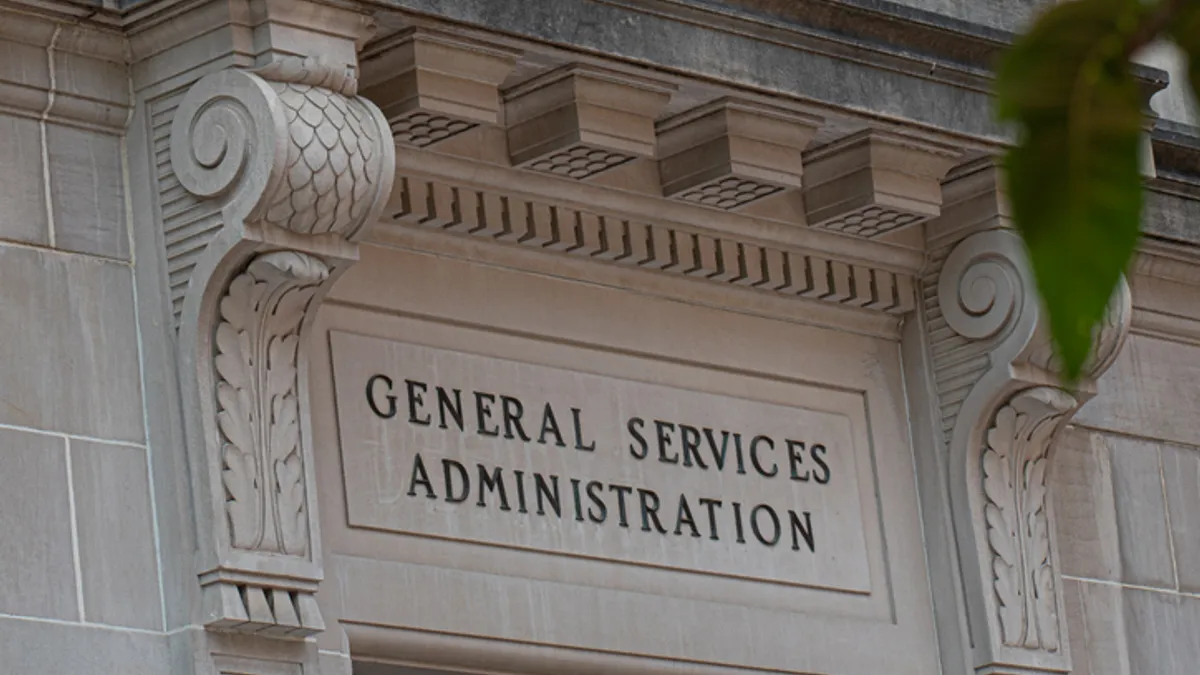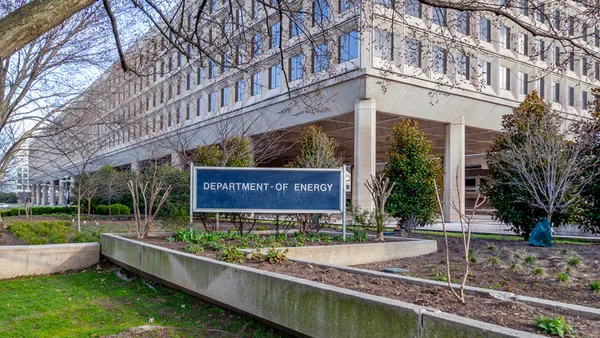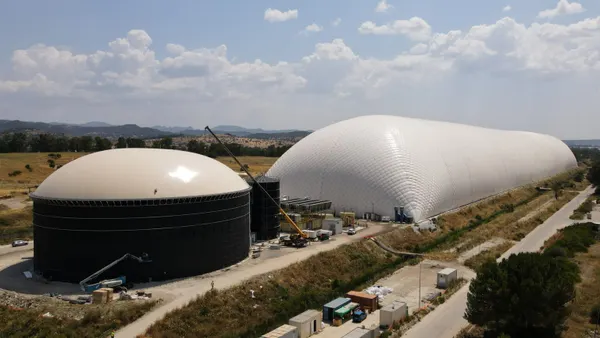CBRE is making the proprietary technologies and expertise of water solutions and services company Ecolab available to its clients to improve water efficiency and quality and reduce costs in commercial real estate, the firm announced Tuesday.
The commercial real estate sector uses a significant amount of water in operations. CBRE said its almost 8 billion square feet of managed property use over an estimated 100 billion gallons of water annually.
“We are focused on creating value for our clients by solving their biggest sustainability challenges, and water is increasingly important, especially in sectors like data centers, life sciences and advanced manufacturing,” Rob Bernard, chief sustainability officer at CBRE, said in the release. Many of the companies in these markets rely on smart water management systems to maintain operations, the company said.
“Water is central to operational impact and profitable growth for many businesses,” Emilio Tenuta, senior vice president and chief sustainability officer at Ecolab, said in a statement. “In manufacturing, up to 75% of energy flows through water systems — making water efficiency a powerful lever for climate resilience and business performance.”
Ecolab provides water, hygiene and infection-prevention solutions and services to customers across over 170 countries. In 2024, the company’s programs helped customers save 226 billion gallons of water, conserve 65 trillion Btus of energy and reduce 4.6 million metric tons of greenhouse gas emissions, according to the release, resulting in $9.1 billion in cumulative value.
Together the companies can now offer a holistic approach to water management across commercial portfolios, CBRE says.
Water leaks can create immediate operational challenges as well as longer-term issues including higher insurance premiums and difficulty getting coverage, according to Nadav Schnall, CEO of smart building monitoring company ProSentry.
“By implementing smart monitoring systems and comprehensive response protocols, facilities managers can transform their operations from reactive to proactive water leak risk management,” Schnall wrote in an article for Facilities Dive. “This approach not only reduces the risk of disruptive incidents but may also help properties with water damage history secure more favorable insurance renewal terms.”













